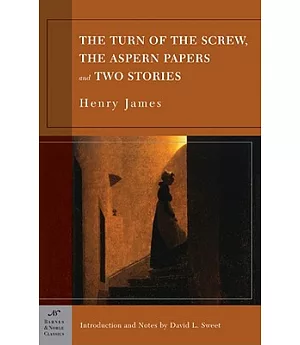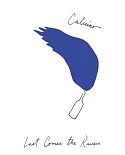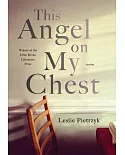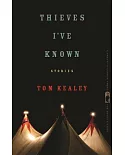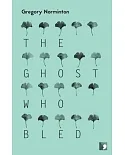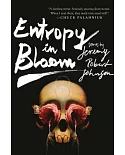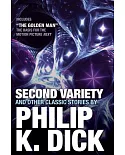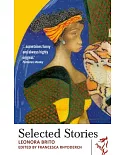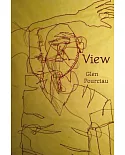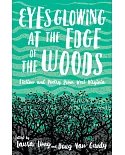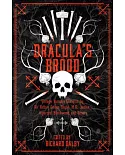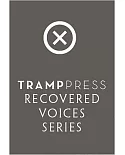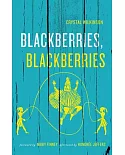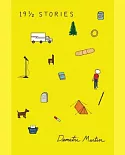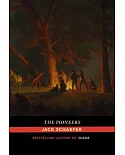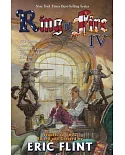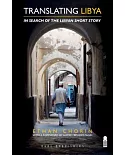The Turn of the Screw, The Aspern Papers and Two Stories, by
Henry James, is part of the
Barnes & Noble Classics series, which offers quality editions
at affordable prices to the student and the general reader, including new scholarship, thoughtful design, and pages of carefully crafted extras. Here are some of the remarkable features of
Barnes & Noble Classics:
New introductions commissioned from today's top writers and scholars Biographies of the authors Chronologies of contemporary historical, biographical, and cultural events Footnotes and
endnotes Selective discussions of imitations, parodies, poems, books, plays, paintings, operas, statuary, and films inspired by the work Comments by other famous authors Study questions
to challenge the reader's viewpoints and expectations Bibliographies for further reading Indices & Glossaries, when appropriateAll editions are beautifully designed and are printed to
superior specifications; some include illustrations of historical interest. Barnes & Noble Classics pulls together a constellation of influences—biographical, historical, and
literary—to enrich each reader's understanding of these enduring works.
Joseph Conrad once said of his friend Henry James, “As is meet for a man of his descent and tradition, Mr. James is the historian of fine consciences.” As it turns out, James was also
incredibly gifted at writing exceptional ghost stories. This collection—including “The Beast in the Jungle” and “The Jolly Corner”—features James’s finest supernatural tales,
along with criticism, a discussion of the legacies of James’s writing, and provocative study questions.
David L. Sweet is a professor of American and comparative literature at The American University in Cairo. He has also taught at Princeton, The City University of New York, The American
University of Paris, and Columbia University, where he received his doctorate in Comparative Literature. His book Savage Sight/Constructed Noise: Poetic Adaptations of Painterly Techniques
in the French and American Avant-Gardes will be published next year by the University of North Carolina.

